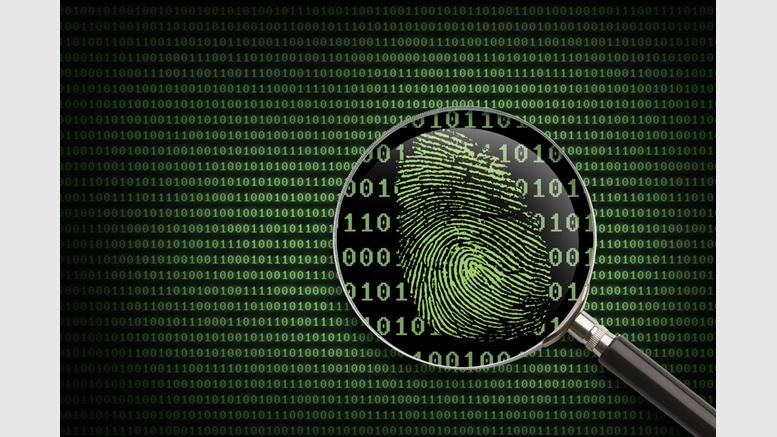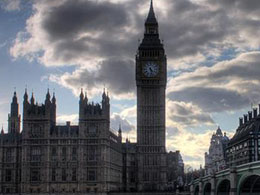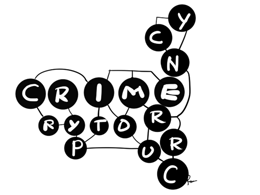
US Government Taps Nonprofit to Research Digital Currency Crime
The US Internal Revenue Service (IRS) has announced it will award the National Cyber-Forensic Training Alliance (NCFTA), a cybersecurity nonprofit organization, with a contract to research crimes involving digital currencies. The one-year sole source order, published yesterday on behalf of the US Treasury Department, the Office of Illicit Finance (OIF) and the Office of Intelligence and Analysis (OIA), establishes that the NCFTA would study virtual currency and virtual currency exchanges to provide the federal government with real-time cyber threat intelligence. In a redacted justification....
Related News
With only two weeks left in 2016, bitcoin seems in a rush to “catch up.” For the longest time, analysts have predicted that bitcoin would reach $800 by the end of the year, and for the last few days, it seems like that prediction could become a reality. Currently trading at around $787, bitcoin is just $13 away from reaching such a stellar point. But not everyone is celebrating. The U.S. government is still employing the idea that bitcoin is the most popular currency amongst criminals and terrorists, who likely use digital currency to fund their evil deeds. Bitcoin-related crime is....
UK Government Funds Research in Digital Fintech and Promotes Firm Regulations. In November, the U. K. government launched a call for information on digital currencies, with a focus on their function as a payment method rather than as a speculative investment. After receiving more than 120 responses, the government released a Treasury document titled "Digital Currencies: Response to the Call for Information," which summarizes the submissions received and outlines the government's views and proposed next steps: The government intends to apply anti-money laundering regulation to digital....
Digital currencies such as Bitcoin are enabling individual criminals, who come together on an ad-hoc basis, to boost the "crime-as-a-service" business model. The newly-released Europol report titled, 'Exploring Tomorrow's Organised Crime', states: "Virtual currencies increasingly enable individuals to act as freelance criminal entrepreneurs operating on a crime-as-a-service business model without the need for a sophisticated criminal infrastructure to receive and launder money." The research, aimed at identifying the key trends in the EU criminal landscape, revealed that such developments....
The government of Jersey, an autonomous island and a dependent of the British Crown, is set to introduce new regulation for digital currency exchanges. Legislators of the State of Jersey, a British Crown dependency are amending laws to regulate digital currency exchanges in the island that is seen as a tax haven and an attractive destination for Fintech services and companies. Fundamentally, the new law will see bitcoin- and cryptocurrency exchanges feel more stringent regulations when they grow bigger. The new legislation, titled “Proceeds of Crime (Supervisory Bodies) (Virtual Currency....
After the release of the United Kingdom’s Budget for the coming year and the announcement through a twenty eight page document of where Her Majesties Treasury is heading in regards to digital currencies. Just who are some of the groups appointed to do the research? The Alan Turing Institute was first announced in the previous budget of 2014 by George Osborne. At the time he said it would receive £42 million of government funding over a period of five years. The new institute will be for supporting research methods of collecting, analysing and organising Big Data, as well as more general....





